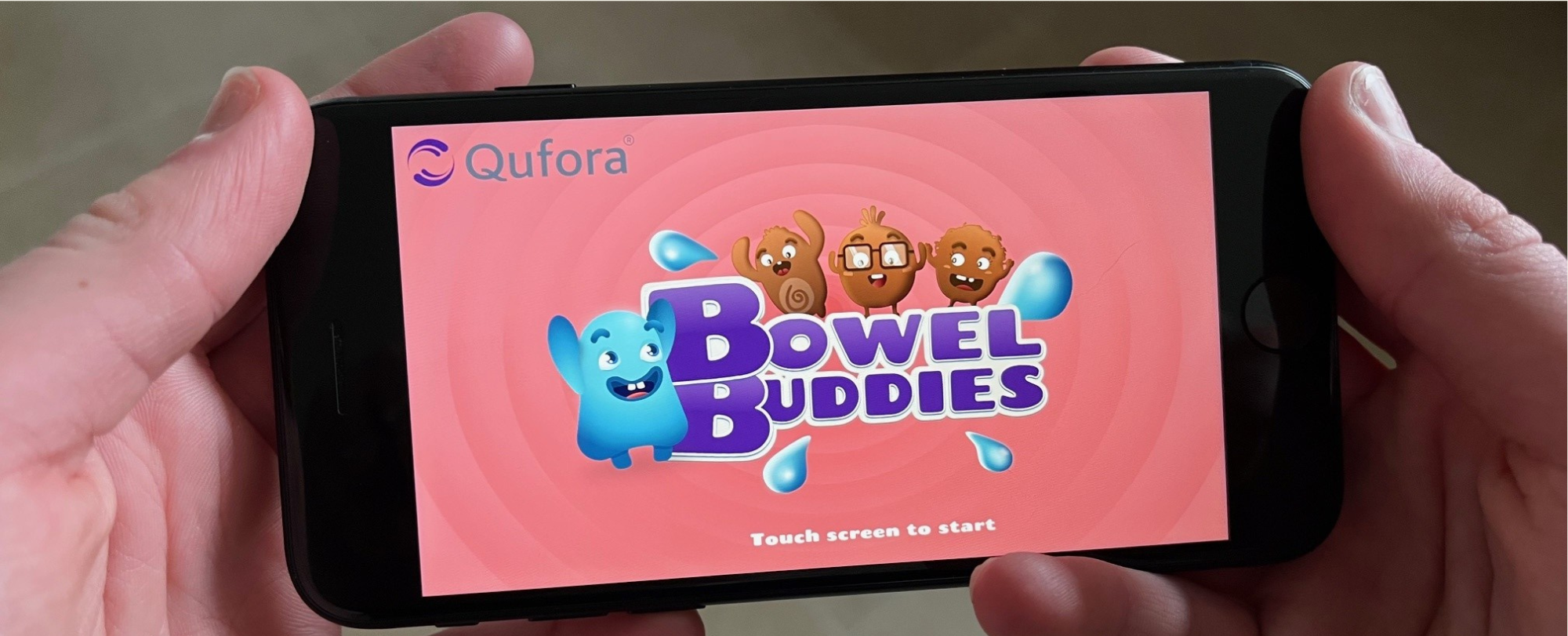Review By Brigitte Collins
Research is an integral part of any healthcare environment yielding enrichment of clinical management and generating continual learning and development. A concept that has been employed for many years by Professor Rosen of the Sigmund Freud University in Vienna, with a particular interest in management of low anterior resection syndrome (LARS).
His recent publication “Prophylactic” transanal irrigation (TAI) to prevent symptoms of low anterior resection syndrome (LARS) after rectal resection: results at 12-month follow-up of a controlled randomized multicenter trial” is a follow up to his published work of a randomised controlled trial (RCT) in 2019. The 12 month follow up indicates that TAI can reduce defaecation episodes during the day and night as well as decrease the LARS score. However, despite showing beneficial effects the research raises several questions that will require future trials.
Nevertheless, Professor Rosen and his team recognise that the result of the initial randomised controlled trial in 2019 suggests that patients must be informed preoperatively about the possibility of LARS as well as the chance to influence symptoms with TAI. A model introduced and published by Deborah Sumner from Watford Hospital in September 2019 – read more about Deborahs LARS pathway here.
Great to see that LARS remains on the research map, which can only facilitate and support future treatment options as well as improve of quality of life.
Read article here.







